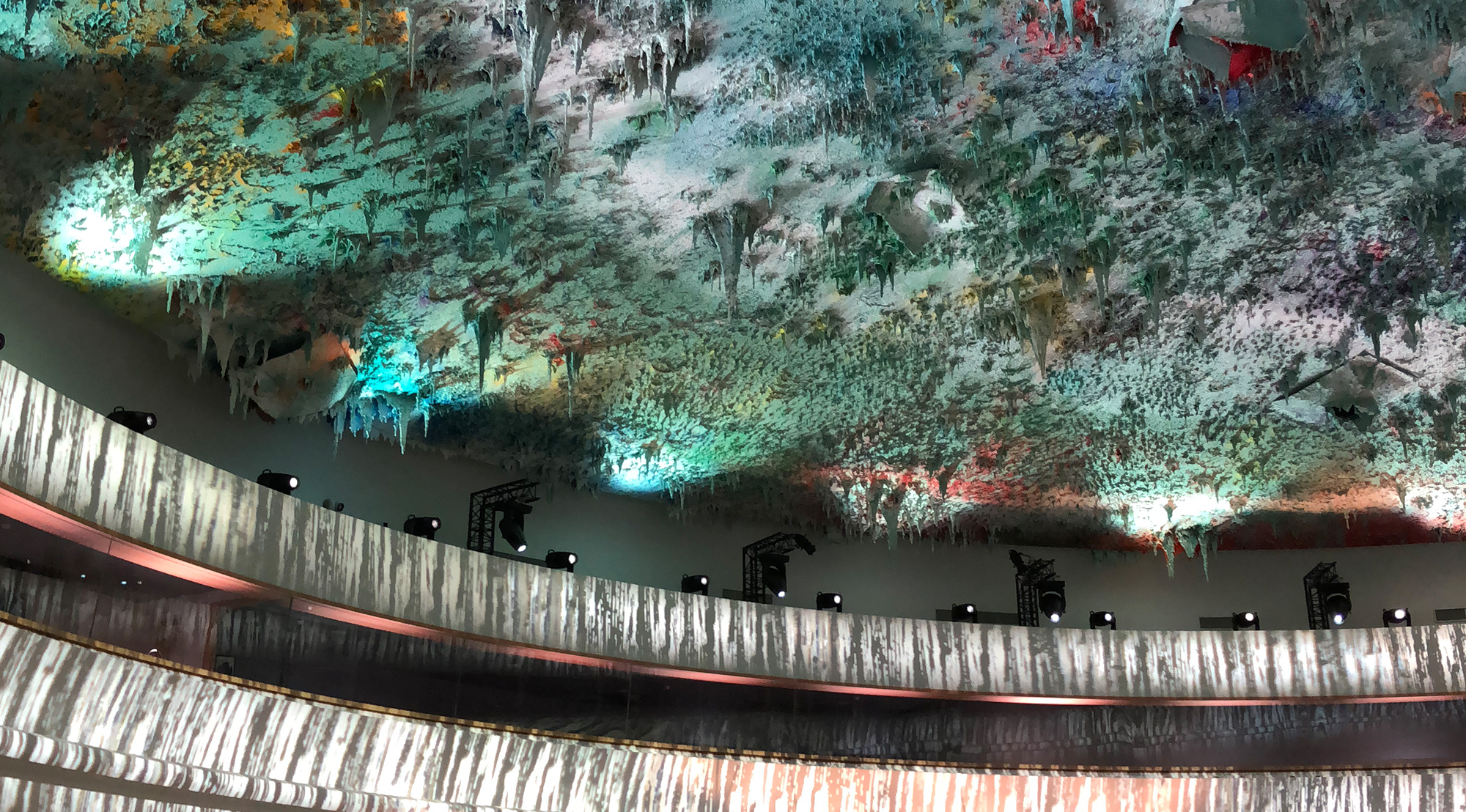For the first time in its history, humanity has a universal development project applicable to all states and institutions, to all people: its motto is “Leave no one behind”. Although it is non-binding, it is made of objectives and accompanied by indicators measuring progresses. Peace is fully integrated in it.
In recent years, at the United Nations and with the Center for Global Nonkilling (CGNK), APRED is heading work on SDG’s Goal 16.1: “[to] Significantly reduce all forms of violence and related death rates everywhere”. To reduce violence, we encourage a more systematic use of mediation and peaceful settlements of disputes. Mandatory in international law, it is important that people also benefit from it, nevertheless to create a national habit upholding the State duty to comply. We care to see a right of access to mediation established. It will leave persons and institutions free to appeal to meditation, but it will guarantee this possibility and the needed means to solve conflicts peacefully.
APRED also supports the building of long-term peace infrastructure: inclusion of peace goals and tools in constitutions, activation of the human right to peace, creation of peace ministries in governments, and of an economy and funds dedicated to peace, and of course, regularly reporting on the progresses of peace.
The right to life and its happy dimensions are essential for the stability of peace. The global rate of homicides has unfortunately been rising for the two last years. More actions to protect and value life are therefore needed. Using the Universal Periodic Review of Human Rights of all countries, CGNK draws attention of States on the progresses needed for the respect of life and the achievements of the SDGs, but also highlights their shortcomings in the legal protection of life and peace, of dignity.


